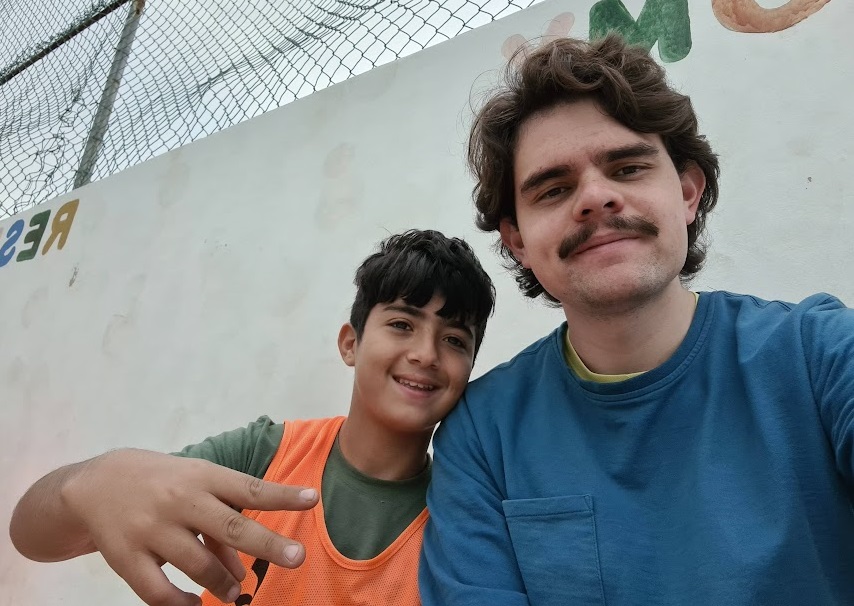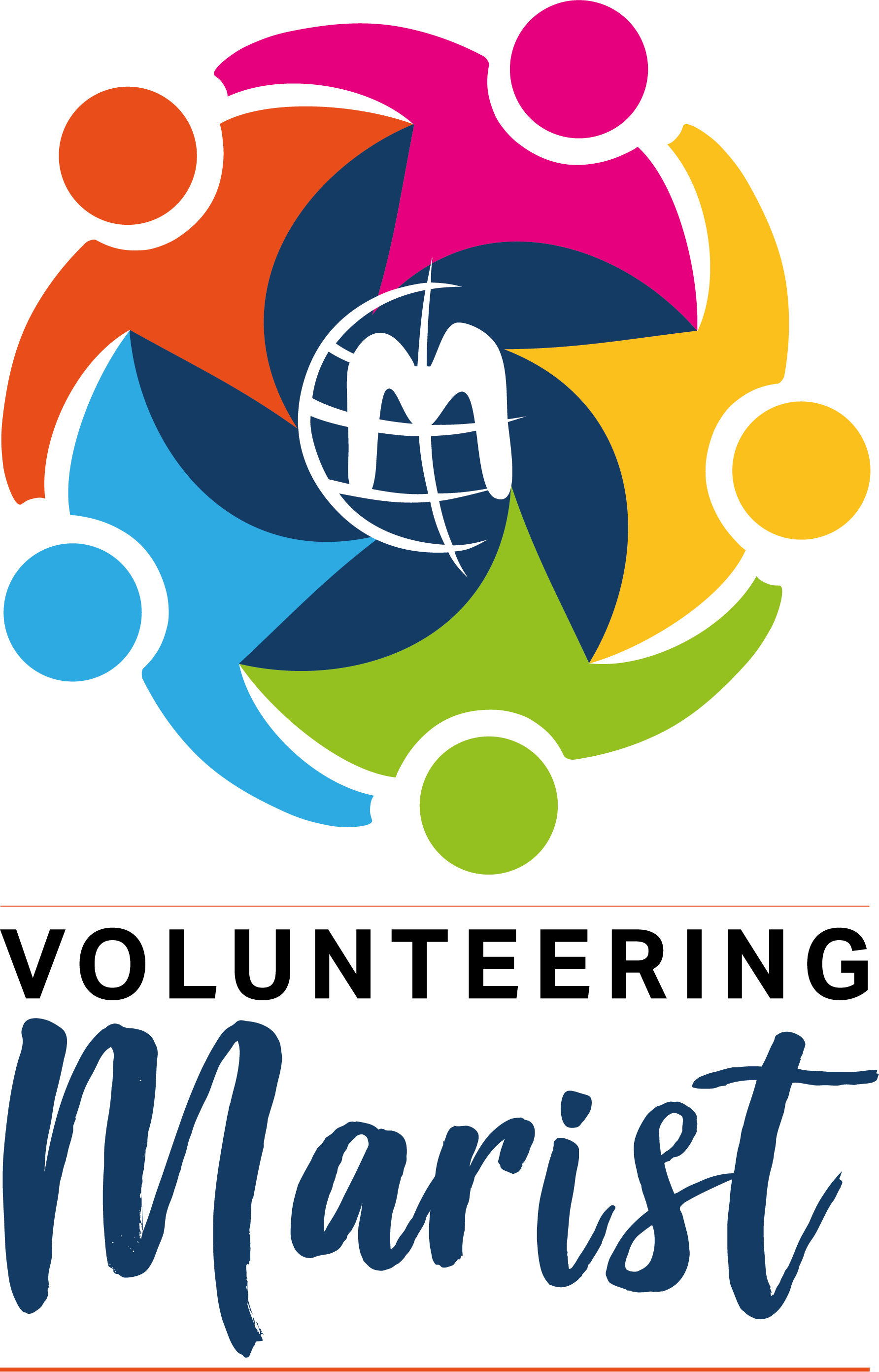
Six months as a volunteer in the International Fratelli Project in Lebanon
In the testimony that we publish below, Mateo Arroyo Berzaín, a Lasallian from Bolivia, shares in the form of an interview, what motivated him to become a volunteer, and narrates his experience of living in an international Marist community, in Lebanon, for seven months, from September 24, 2023 to April 16, 2024, in the Fratelli Project.
The Fratelli Project, in Lebanon was created in 2016 by the Brothers of the Christian Schools and the Marist Brothers to respond to the emerging and urgent needs of the most vulnerable children and young people there.
What were your motivations for doing a volunteer experience outside your country?
I wanted to know and experience a place with a different context from what I had done before, to open my view of the world.
Briefly tell us what has marked you the most in your experience.
The people in Fratelli and in Lebanon in general, despite all that they have suffered in the country and therefore in their personal lives, still show a lot of joy and hope. Also the fact that Lebanon is full of contrasts, contrasts that probably exist in the country I come from, however, they are not as evident as here.
What are the key words, expressions or concepts that sum up your experience?
Resilience, hospitality, faith.
Describe the image and/or event that you consider most significant from your volunteer time.
I was accompanying the children while they were playing soccer, when one of them approached me with a phone, which he handed to me to read something, translating from Arabic to English he wrote the following: Thank you very much for always coming with us to play soccer.
It was a small gesture that meant a lot to me, since I was conflicted about my presence in the project and whether I was being useful or not, and that kid, not knowing that I had that going on in my head, had that great detail.
What has been the most important learning during that period?
Learning the importance of being there, because of the language barrier most of the time the role of the volunteer ends up being more of accompaniment rather than doing something concrete, something that conflicted me at the beginning, but as time went by, I learned that many times people do not want us to do something for them, but to be there with them.
I also learned the value of education not only as a way to expand knowledge, but as a way to teach how-to live-in community and harmony with others.
What did it mean for you to live more deeply the Marist life and mission?
It was my first time having a relationship with the Marist community and it was a pleasant surprise. I am happy to know that there are more communities like those with people willing to help others, as well as following certain values. There is no doubt that when I return to Bolivia I will try to get to know or establish contact with the Marist community in my city.
What were the biggest challenges during this time?
As I mentioned before, accepting a more accompanying role took some time and a process, since at some point I came to question my value and contribution to the project, in the end it was a matter of accepting the role and finding things where one can help Fratelli.
The second challenge was to live with the instability that exists in the country, especially regarding the possibility of an escalation of the conflict on the border with Israel.
What would you like to say to those who wish to be Marist volunteers outside their Province?
It is an enriching experience that will lead you to learn more about other cultures, meet incredible people, learn more about yourself, and appreciate more things about your country of origin.
Marist Volunteers International
Marist volunteering is an effective tool for building a culture of encounter between nations and peoples; it is a powerful instrument for sharing knowledge, skills and values, which contribute significantly to the reduction of poverty.
To become an Interprovincial Marist Volunteer you need to be:
- Minimum age of 18 years
- Preferably, availability of time for volunteering for three or more months.
- To have a Marist bond
- Follow the guidelines of the Provincial Volunteer Coordinator (PCV).

